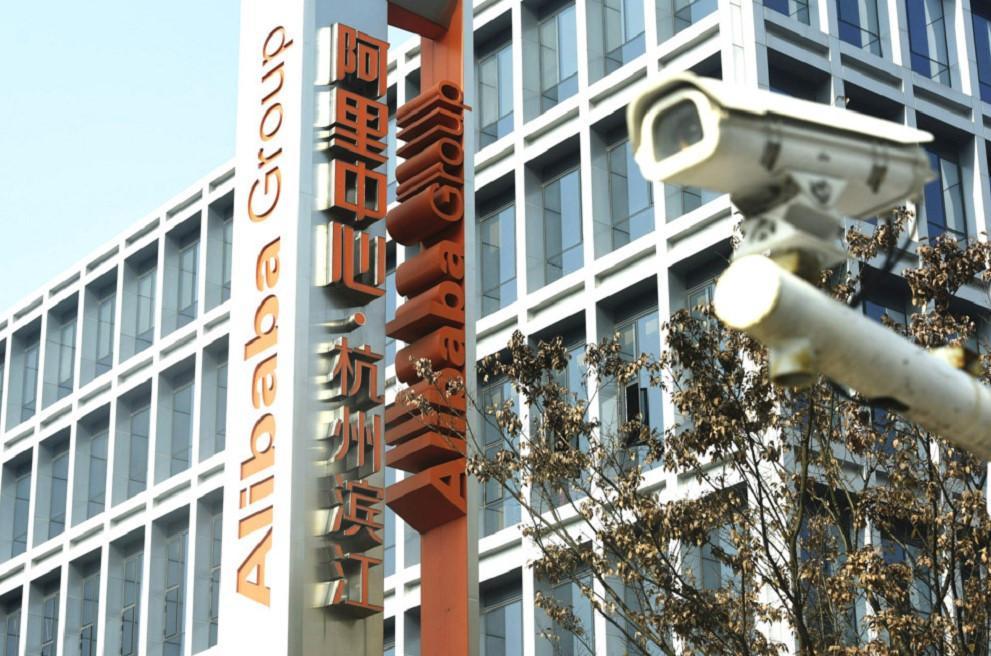
Chinese e-commerce giant Alibaba has not released full sales figures for its annual Singles Day event for the first time ever, as a cooling economy dampened demand.
Launched in 2009, Singles Day is the world’s largest shopping festival, dwarfing similar U.S. events such as Black Friday and Cyber Monday in terms of sales.
Alibaba’s sales last year hit 540.3 billion yuan ($76.1 billion), and many were watching to see if the company and other retailers taking part could combine for a record one trillion yuan in sales.
In a statement on Nov. 12, Alibaba said results for this year’s event were “in line with last year’s,” without offering details.
Some 290,000 brands participated in 2022, it added.
SKLAKSAResearch firm Syntun a day earlier estimated that platforms including Alibaba and JD.com had reached a combined 262 billion yuan between 8:00 pm Nov. 10 and 2:00 pm Nov. 11.
Once a festival of frenzied consumption led by Alibaba’s effervescent founder Jack Ma, Singles Day has been more muted in recent years amid a Beijing crackdown on online platforms and waning state media coverage.
In April, regulators fined Alibaba $2.8 billion for anti-competitive practices, and Ma’s public presence has been noticeably diminished over the past two years.
“In terms of communications from the platform companies around the festival, there’s been a shift away from celebrating excessive consumption and emphasizing gross merchandise value (GMV),” Jacob Cooke, CEO of e-commerce consultancy WPIC Marketing + Technologies said.
“The shift has been going on for a few years now, and that’s related to common prosperity, the anti-monopoly drive,” he added, referring to President Xi Jinping’s ongoing drive to curb the influence of big tech.
Consumers are also tightening their belts as Beijing persists with a zero-COVID strategy that has led to widespread pay cuts and disrupted supply chains.